monkey mart - A Portal Born From Boredom
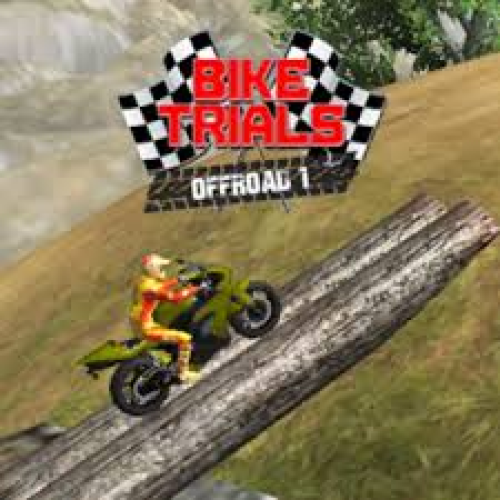
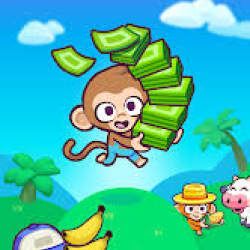

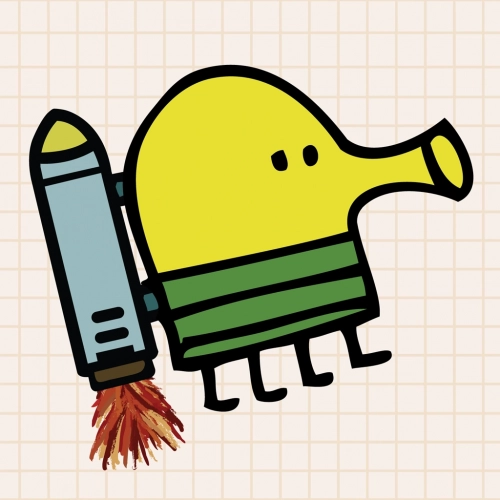
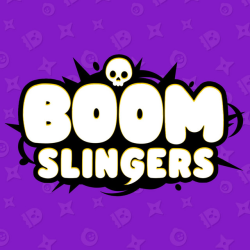
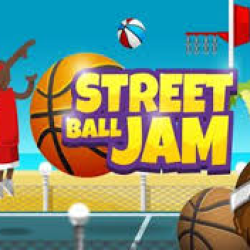
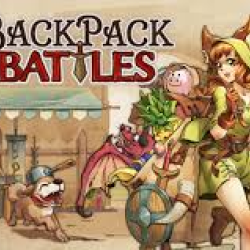
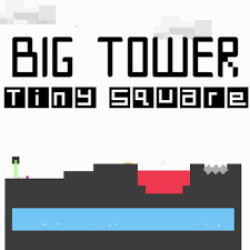
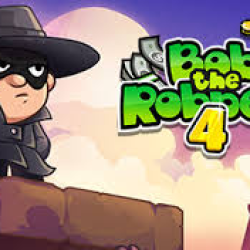

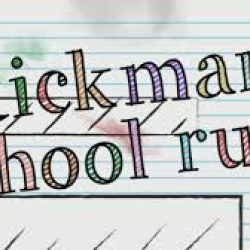

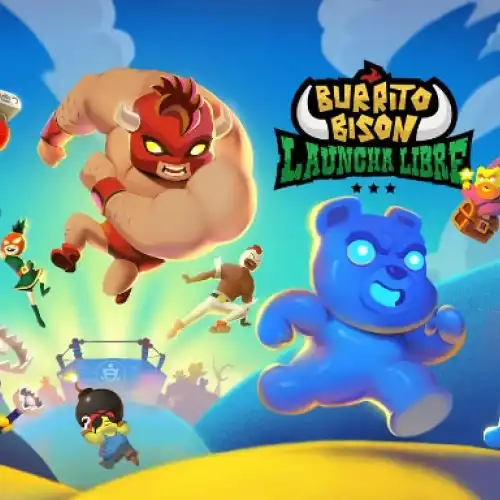
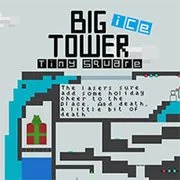
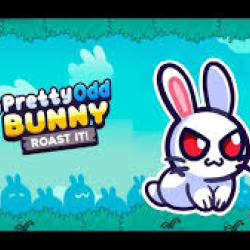




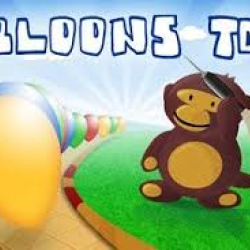



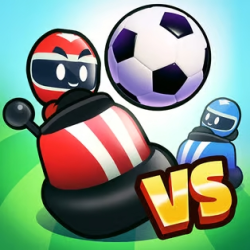
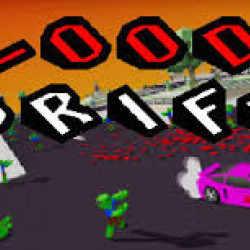


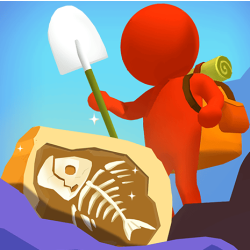
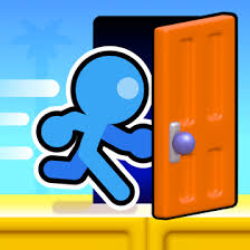
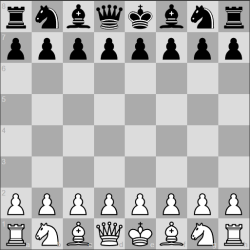
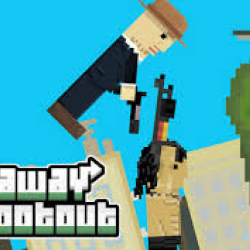
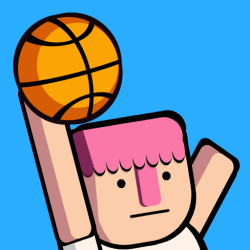
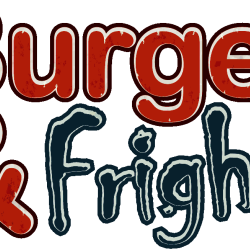
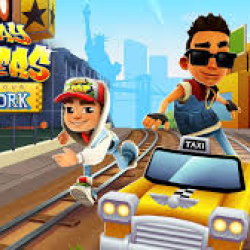
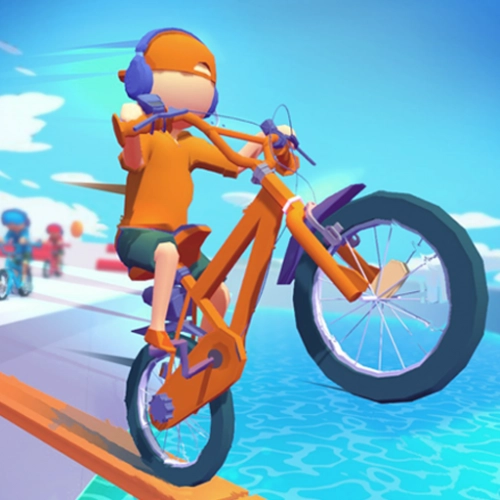
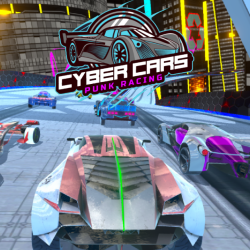


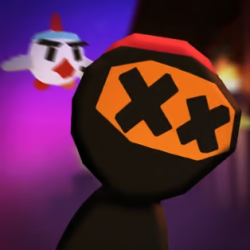
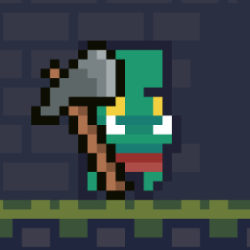
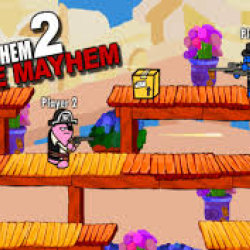
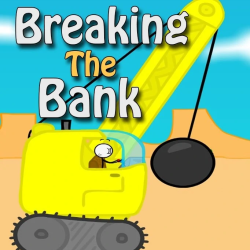

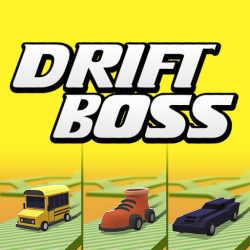

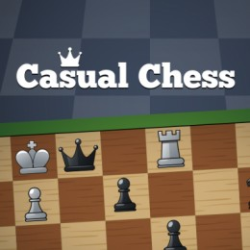
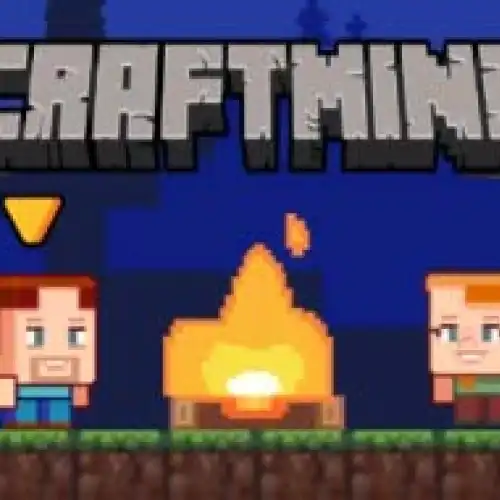
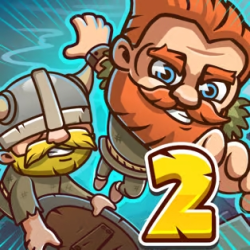
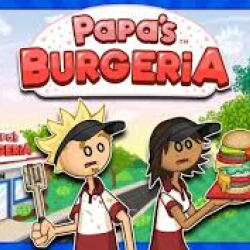
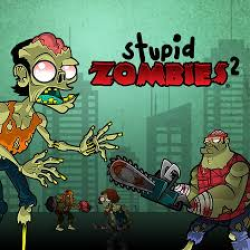
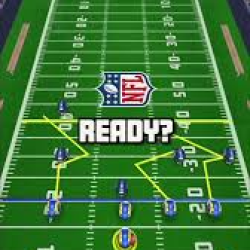
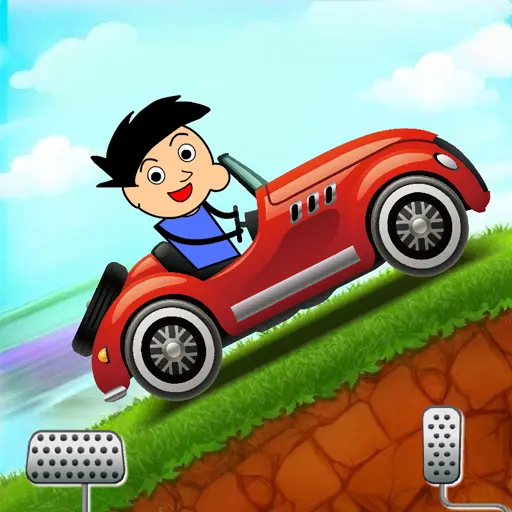

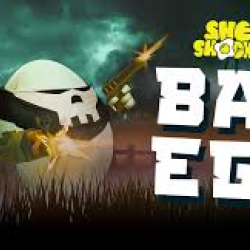
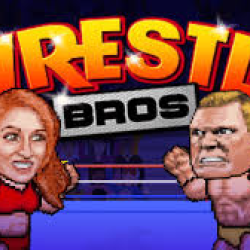
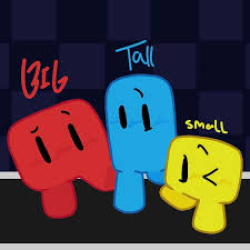
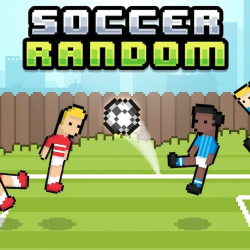
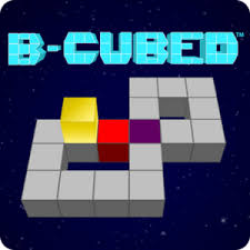

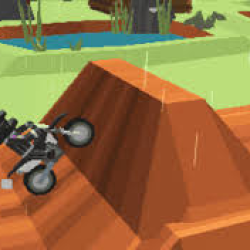

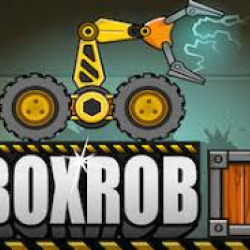
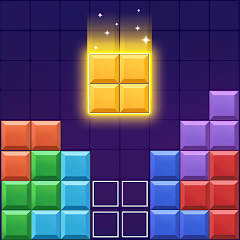
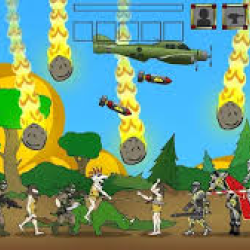
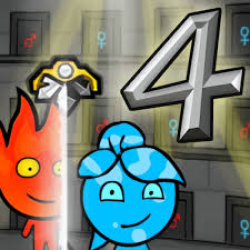
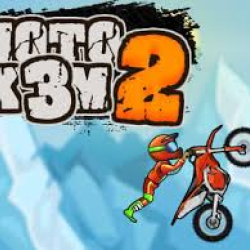
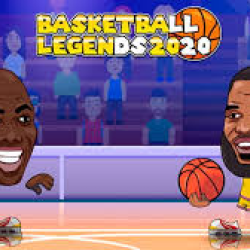

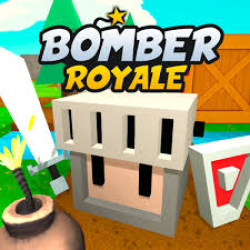
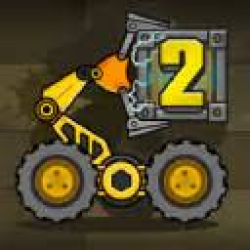
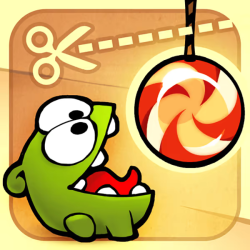
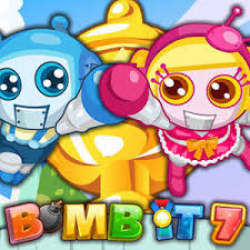

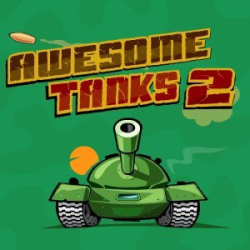
Monkey Mart is quickly rising as one of the most compelling idle management games available online. Its charming graphics, intuitive gameplay, and addictive progression system offer a refreshing take on the store simulation genre. While countless browser-based games struggle to create a balance between engagement and complexity, Monkey Mart achieves both with delightful simplicity. As players assume the role of a baby monkey tasked with building and managing a bustling grocery stall, they uncover a surprisingly strategic experience layered beneath a cartoony exterior.
Unlike many idle or clicker games that become stale after just a few minutes of play, Monkey Mart evolves with each level. The player begins with simple tasks like harvesting corn and collecting eggs, but soon finds themselves orchestrating a full marketplace with multiple product lines, staff management, and strategic layout considerations. This sense of escalation is what truly sets Monkey Mart apart from typical browser games.
The rise of games like Monkey Mart is no coincidence. In a digital landscape increasingly driven by quick content, low-friction entertainment is dominating user preference. A recent report by Newzoo highlighted that idle and hypercasual games now account for nearly 35% of all mobile downloads globally, a number expected to rise in coming years. [source: newzoo.com]
Monkey Mart seamlessly taps into this trend with its no-login, instant-play model. This frictionless experience is a defining quality of today’s most successful casual games. Whether you're in a school library, sneaking a quick session during a lunch break, or relaxing at home, the game provides instant gratification. It’s this low barrier to entry that not only drives user engagement but also allows it to spread virally across communities like Reddit, Discord, and TikTok.
The social media angle is equally important. Monkey Mart’s aesthetic is highly meme-able. Its cute monkeys and colorful UI lend themselves to short video content and visual humor, often resulting in user-generated content that drives traffic without traditional marketing spend. Indie games like “Among Us” and “Crossy Road” have taken similar routes to virality, and Monkey Mart appears poised to follow.
In the realm of cultural parallels, it’s worth noting the overlap between Monkey Mart’s themes and the broader resurgence in “cozy gaming.” Titles like Stardew Valley, Animal Crossing, and even the recently viral “Only Up!” share similar community values: simplicity, charm, and progression over time. These games often provide psychological reprieve—offering players a sense of control, accomplishment, and peace in contrast to the overstimulation of AAA titles. Monkey Mart captures this energy through its accessible and rewarding gameplay loop, where every harvested item or organized shelf feels like a small victory.
Interestingly, Monkey Mart also introduces kids and teens to basic economic principles without turning into a lecture. The concepts of supply and demand, time management, cost/benefit analysis, and human resources are all baked subtly into the gameplay. For a generation raised on Minecraft and Roblox—where creating and managing virtual economies is the norm—Monkey Mart serves as a lightweight introduction to real-world thinking, disguised as entertainment.
Celebrity influencers in the gaming space have also contributed to its ascent. YouTubers like Ssundee and DanTDM have featured Monkey Mart in livestreams and Let’s Plays, boosting its exposure across young audiences. These influencers, with their combined audience reach in the tens of millions, often act as the launching pads for viral online games. A single playthrough or funny moment can drive hundreds of thousands of players to a game in hours. Monkey Mart is no exception.
Where it excels beyond others is in its adaptive challenge curve. As players earn more coins and grow their store, the complexity scales accordingly. Lazy monkeys must be pushed to keep productivity high, forcing players to develop soft leadership skills. Replenishing empty shelves while tending to new customer demands offers a taste of chaos management, a soft skill often mirrored in startup culture and business education. In this way, Monkey Mart subtly mirrors real-life entrepreneurial challenges, making it unintentionally educational.
The broader societal implications are also worth exploring. As attention spans shrink and mobile browsing dominates, games like Monkey Mart are shaping the future of interactive entertainment. They require minimal commitment, can be played in short bursts, and offer instant dopamine rewards. These qualities make them ideal not just for players—but for advertisers, educators, and marketers looking to embed messaging in interactive formats.
As more students turn to browser-based games during downtime, schools have responded with increasingly aggressive content filtering. This has ironically boosted the demand for “unblocked” games—of which Monkey Mart is now a flagship. The term “Monkey Mart Unblocked” trends heavily on school forums and classroom message boards. Students actively search for mirror sites or versions that bypass firewalls, contributing to a gray-market popularity that only strengthens the game's mystique.
There’s also a growing ecosystem forming around the Monkey Mart experience. Fan-made mods, strategy guides, and even derivative games have begun to pop up across platforms like itch.io and GitHub. The community is organizing itself, producing custom builds and reskins—another indication that Monkey Mart has moved beyond simple time-killer to full-on internet phenomenon.
From an industry perspective, the rise of Monkey Mart highlights an important shift: low-budget, low-poly games can punch well above their weight if they strike the right chord culturally and socially. As game studios pour millions into photorealism and cinematic storytelling, Monkey Mart proves that heart, humor, and solid game design can often be a more powerful formula for lasting engagement.
While the game may not carry the narrative heft of God of War or the open-world sprawl of GTA, what it does carry is joy. The kind that reminds you of childhood play, after-school sessions with Flash games, and the early internet’s sense of fun and discovery. Monkey Mart doesn’t just entertain—it connects.
Monkey Mart is more than a game—it’s a cultural snapshot of how simplicity, accessibility, and charm can come together to create something genuinely compelling. From viral growth through influencers to deeper implications in behavioral learning and attention economics, it stands as one of the best examples of what browser-based gaming can still achieve in 2025.